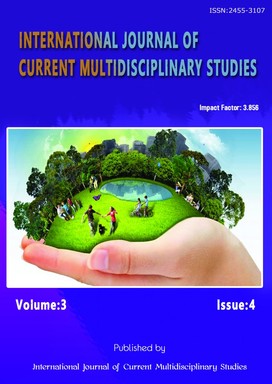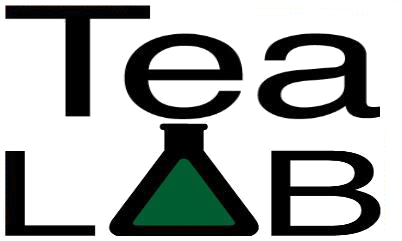 The Effects of Rate and Method of Aerated Compost Tea Application on Yield and Yield component of Tomato (Lycopersicon esculentum Mill.) at Burusa, South Western Ethiopia. January 2018 International Journal of Multidisciplinary and Current Research Link Here A group of scientists in Ethiopia wanted to see whether or not compost tea would help improve tomato production. Local farmers are trying to avoid using chemical fertilizers due to economic and environmental costs. Compost tea is a low cost alternative worth investigating. The scientists and farmers worked together, potting up Roma tomatoes into several groups that each received a different amount of compost tea. The first group received none, and the other four were watered or foliar sprayed weekly with 300, 600, 900, and 1200mililiters of tea. The plants received standard care otherwise. Several parameters were studied during the experiment, including: plant height, number of primary branches, root length, days to flower initiation, days to first harvest, number of fruit per plant, fruit weight, fruit size, and fruit quality. It was shown that across the board, compost tea was significantly beneficial. Compost tea helped to grow bigger plants that produced more, larger, higher quality fruit, that were able to be harvested sooner. The total marketable yield of tomatoes was 0.6kg per plant for the control group, and 2.4kg/plant in the high application rate group. That is a four-fold increase in tomatoes to market. That kind of increase in production could lead to improving the lives of thousands of people. Thanks compost tea! (the Materials and Methods section in this paper is worth the read, click the Link Here to learn more)
0 Comments
Your comment will be posted after it is approved.
Leave a Reply. |
Archives
June 2024
Categories
All
|
Contact Us
Why TeaLAB?TeaLAB is committed to helping people and their gardens to become more self- sufficient, healthier, and productive. Grow your sweetest corn, your biggest watermelon, your tallest quinoa, your tastiest tomato, and your happiest you.
TeaLAB was founded to teach people how to garden organically, so that we can become more closely connected with the land. Our goal has been to simplify growing methods so that gardeners have a positive experience in the garden. TeaLAB is where the garden meets the laboratory. From around the world and into your backyard, our products contain ingredients that are sourced both locally and globally. Using methods both ancient and cutting edge, TeaLAB promotes maximum biology. Grow with TeaLAB. |

 RSS Feed
RSS Feed
